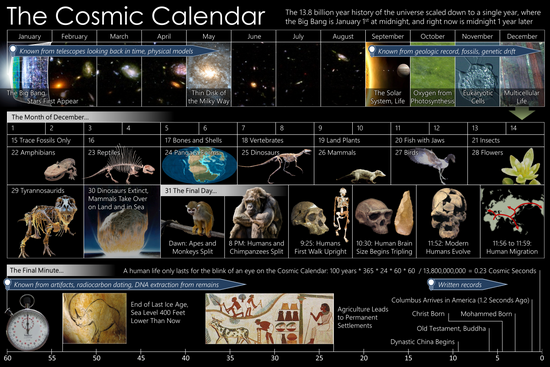
The history of religion refers to the written record of human religious feelings, thoughts, and ideas. This period of religious history begins with the invention of writing about 5,200 years ago. The prehistory of religion involves the study of religious beliefs that existed prior to the advent of written records. One can also study comparative religious chronology through a timeline of religion. Writing played a major role in standardizing religious texts regardless of time or location, and making easier the memorization of prayers and divine rules.

This is a timeline of Chinese history, comprising important legal and territorial changes and political events in China and its dynasties. To read about the background to these events, see History of China. See also the list of Chinese monarchs, Chinese emperors family tree, dynasties of China and years in China.
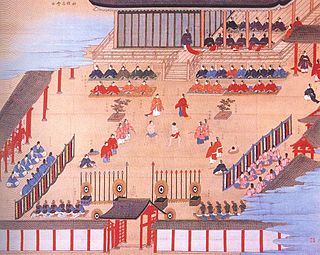
The history of sports extends back to the Ancient world in 7000 BCE. The physical activity that developed into sports had early links with warfare and entertainment.
Modern humans evolved in Africa around 300,000 years ago and initially lived as hunter-gatherers. They migrated out of Africa during the Last Glacial Period and had populated most of the Earth by the time the Ice Age ended 12,000 years ago.
This is a timeline of German history, comprising important legal and territorial changes and political events in Germany and its predecessor states. To read about the background to these events, see History of Germany. See also the list of German monarchs and list of chancellors of Germany and the list of years in Germany.
This is an index of articles related to the issue of feminism, women's liberation, the women's movement, and women's rights.
The history of feminism comprises the narratives of the movements and ideologies which have aimed at equal rights for women. While feminists around the world have differed in causes, goals, and intentions depending on time, culture, and country, most Western feminist historians assert that all movements that work to obtain women's rights should be considered feminist movements, even when they did not apply the term to themselves. Some other historians limit the term "feminist" to the modern feminist movement and its progeny, and use the label "protofeminist" to describe earlier movements.
First-wave feminism was a period of feminist activity and thought that occurred during the 19th and early 20th century throughout the Western world. It focused on legal issues, primarily on securing women's right to vote. The term is often used synonymously with the kind of feminism espoused by the liberal women's rights movement with roots in the first wave, with organizations such as the International Alliance of Women and its affiliates. This feminist movement still focuses on equality from a mainly legal perspective.

The history of science and technology on the Indian subcontinent begins with the prehistoric human activity of the Indus Valley Civilisation to the early Indian states and empires.
The following outline is provided as an overview of and topical guide to history:
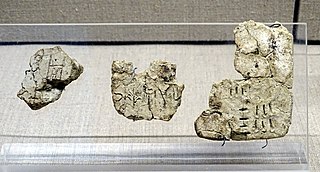
Recorded history or written history describes the historical events that have been recorded in a written form or other documented communication which are subsequently evaluated by historians using the historical method. For broader world history, recorded history begins with the accounts of the ancient world around the 4th millennium BC, and it coincides with the invention of writing.
History is the study of the past. When used as the name of a field of study, history refers to the study and interpretation of the record of humans, families, and societies as preserved primarily through written sources. This is a list of history topics covered on English Wikipedia:

Prehistory, also called pre-literary history, is the period of human history between the first known use of stone tools by hominins c. 3.3 million years ago and the beginning of recorded history with the invention of writing systems. The use of symbols, marks, and images appears very early among humans, but the earliest known writing systems appeared c. 5,200 years ago. It took thousands of years for writing systems to be widely adopted, with writing spreading to almost all cultures by the 19th century. The end of prehistory therefore came at different times in different places, and the term is less often used in discussing societies where prehistory ended relatively recently.
This glossary of history is a list of definitions of terms and concepts relevant to the study of history and its related fields and sub-disciplines, including both prehistory and the period of human history.
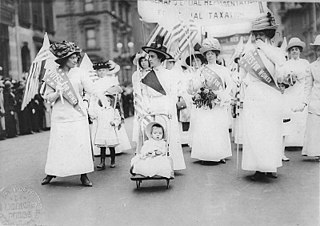
Feminism is aimed at defining, establishing, and defending a state of equal political, economic, cultural, and social rights for women. It has had a massive influence on American politics. Feminism in the United States is often divided chronologically into first-wave, second-wave, third-wave, and fourth-wave feminism.
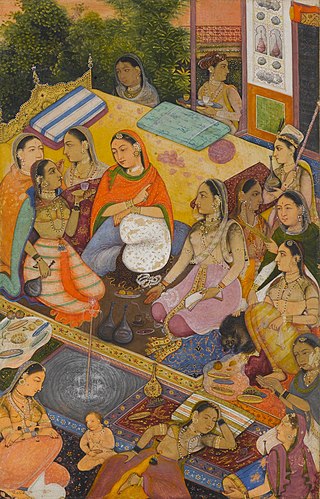
Women's history is the study of the role that women have played in history and the methods required to do so. It includes the study of the history of the growth of woman's rights throughout recorded history, personal achievements over a period of time, the examination of individual and groups of women of historical significance, and the effect that historical events have had on women. Inherent in the study of women's history is the belief that more traditional recordings of history have minimised or ignored the contributions of women to different fields and the effect that historical events had on women as a whole; in this respect, women's history is often a form of historical revisionism, seeking to challenge or expand the traditional historical consensus.
Throughout history, women have played diverse roles in times of war, often contributing to the war efforts in various ways. Despite facing significant societal and cultural barriers, many women have made remarkable contributions to their countries during times of conflict.

The Epic-Puranic chronology is a timeline of Hindu mythology based on the Itihasa and the Puranas. These texts have an authoritaive status in Indian tradition, and narrate cosmogeny, royal chronologies, myths and legendary events. The central dates here are the Kurukshetra War and the start of the Kali Yuga. The Epic-Puranic chronology is referred to by proponents of Indigenous Aryans to propose an earlier dating of the Vedic period, and the spread of Indo-European languages out of India, arguing that "the Indian civilization must be viewed as an unbroken tradition that goes back to the earliest period of the Sindhu-Sarasvati Valley traditions ."

